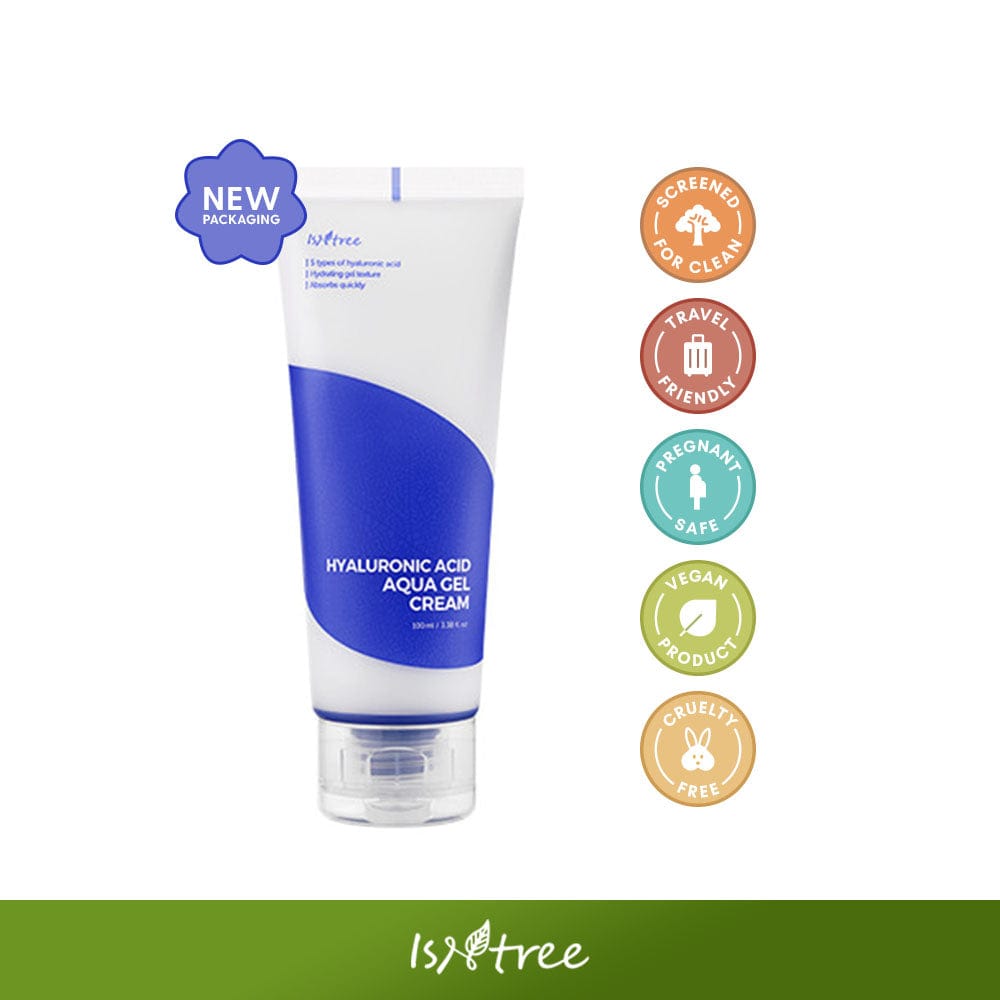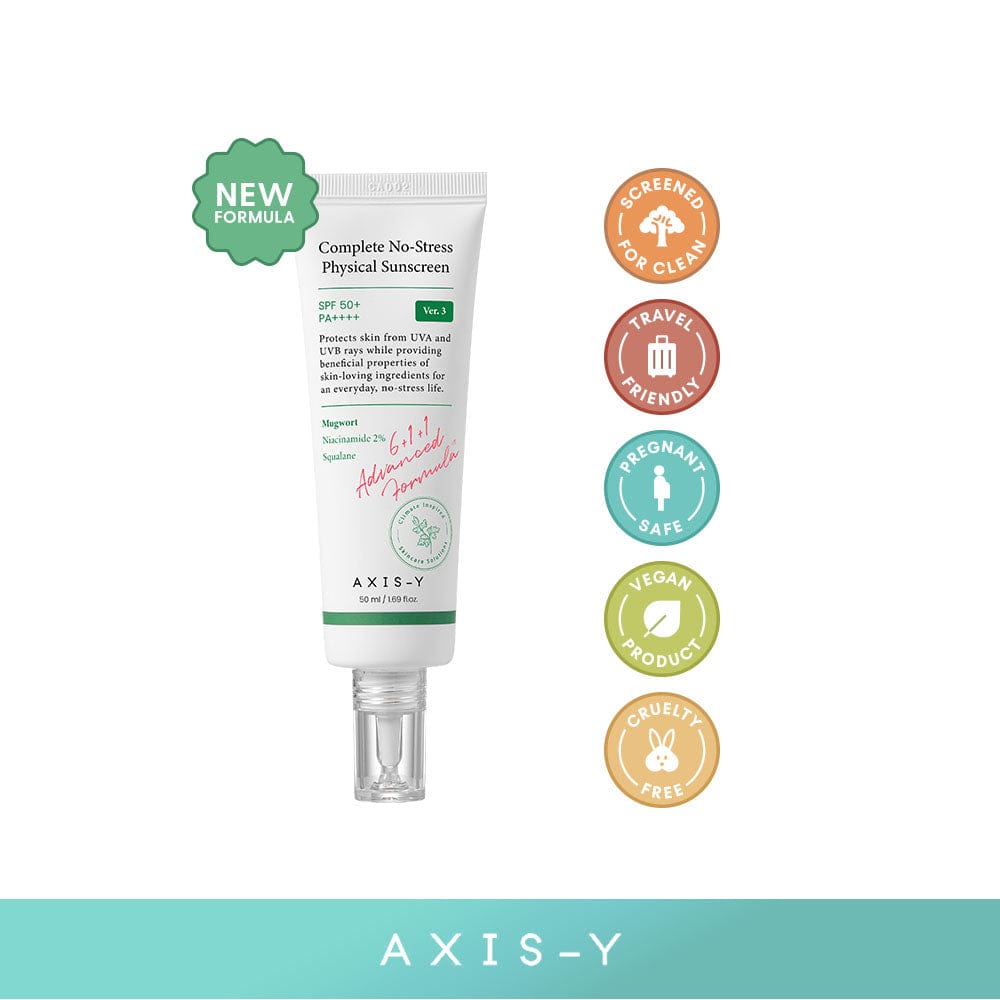Ever heard the saying sometimes it gets worse before it gets better? The same can be said for skincare (at least sometimes)!
If you're wondering why the product you were dying to get your hands on is making your skin look more ghastly than glowing, don't worry! It could just be a case of skin purging.
The Purge

While it does bear the name of the famous horror movie, purging is nothing to be afraid of.
The term "skin purging" refers to the increased cellular turnover rate caused by a reaction to an active ingredient, usually those found in products with exfoliating properties like AHAs, BHAs, or Retinols.
This means shedding dead skin cells more quickly while fresh, flawless skin makes its way to the surface. Sounds great, right? But here’s how it can get a little complicated. Sometimes, that fresh and flawless layer is under layers of dead skin cells, sebum, and product build-up – basically, everything that causes pimples, blackheads, and breakouts.
When pores are clogged with sebum, impurities, and dead skin cells, a microcomedone is formed. These are what cause pores to bulge outward and create bumps. Eventually (sometimes in as long as eight weeks), these erupt into whiteheads, blackheads, pimples, or even angry cysts– or just go away on their own completely.
In the purging phase, these microcomedones surface quicker, sometimes creating panic-inducing blemishes.
It's important to understand that this means the product is working exactly the way it should, by pushing out those impurities underneath to reveal that fresh and clean layer of skin faster.
Think of purging as a detox for all the build-up lurking underneath your skin. It might cause a breakout that triggers your flight instincts, but it’s a necessary step to eliminate rough texture and make way for your best skin yet– so stick with the product and see it through!
Purging Vs. Breakouts
It can be a bit confusing deciphering whether you're dealing with a purge or a breakout. While a few factors like diet and hormones can blur the lines a little bit, there are some definite indicators that will tell you whether you should scrap the product, or stick with it for a little bit longer.
Ingredients
Because purging is a result of increased cellular turnover rate, it should only occur when using products with active ingredients like AHAs, BHAs, and Retinols. While some sources might say that products like cleansers and moisturizers can’t cause purging, they can if they contain these active ingredients. If the product does not contain any exfoliating properties at all, it's probably just your skin reacting negatively.
Some examples of active ingredients that increase cell turnover rate are:
- Hydroxy Acids (salicylic acid, glycolic acid, malic acid, lactic acid, fruit acids, etc.)
- Vitamin C (l-ascorbic acid, vitamin c derivatives)
- Retinoids (retinol, tretinoin, isotretinoin, etc.)
- Benzoyl Peroxide
Breakout Location

Blemishes from purging also typically occur in breakout-prone areas where you might already have a few spots or rough texture. An area with blackheads and whiteheads might suddenly be filled with blemishes, but purging should not cause spots to pop up in unusual places. If this is the case, the product you're using might be irritating your skin, and you should take it as a sign to hit pause.
Timing
Be aware of how long it takes for blemishes to appear. A reaction-induced breakout might take a few days or weeks to surface, while the results of skin purging could appear in as quick as a day or two. It's important to remember however, that everyone's skin is different and that this might not be the case for everyone.
Purging normally slows down after the length of one skin cycle– about a month. If your skin doesn’t seem to be improving beyond the 6-8 week mark (starting from when the first signs of purging began), it may be time to reassess your routine. Are you using the products too often or at too high of a concentration?
(note: "improving" does not mean perfect. Progress takes time and patience!)
Kind of Acne
Purging commonly takes the form of blackheads, whiteheads, and pimples with a head. However, if you are already dealing with severe acne, The purging phase can bring up impurities from many layers underneath causing cysts. If that’s the case, you need an anti-inflammatory potion at hand like the Isntree Spot Saver Mugwort Ampoule.
Dealing with the Purge
Now that you've figured out whether your breakout is something to get through or get out of, it's time to see if there's any way to ease the woes of purging.
Rule #1: Ease it In

Here at Seek Space, we always recommend easing into a new routine. This means starting with gentler acids at lower concentrations, patch testing them before use, and integrating them into your routine sparingly at first until you can build up a better tolerance.
If you're unsure of how to use an exfoliant or how it might affect your skin, you can always shoot us a message!
Rule #2: Stick to a Gentle and Hydrating Skincare Routine
While you can't speed up the purging timeline, you can do a bit to make sure that your skin is getting the best care it can in the meantime to ease irritation and hasten recovery.
During the purging phase, we recommend using a gentle cleanser and a light moisturizer, and other hydrating products like an essence or a mist.
During this time, your skin will also be more sensitive to the sun, so you MUST wear sunscreen if you are exposed to the sun.

































